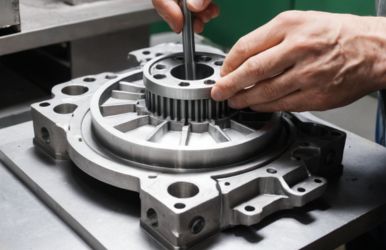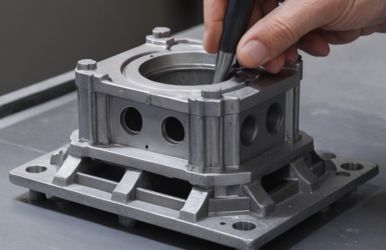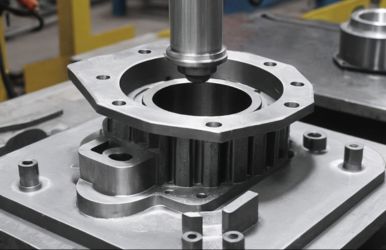How to Choose the Right Casting Method for Your Project

Selecting the appropriate casting method for your project is crucial to achieving desired outcomes in terms of quality, cost, and efficiency. With various casting techniques available, understanding their unique characteristics can guide you in making an informed decision.
- Understand Your Project Requirement
Begin by assessing your project’s specific needs. Consider factors such as the complexity of the part, required tolerances, and surface finish. For intricate designs with tight tolerances, investment casting is often the best choice due to its precision and ability to produce complex geometries. In contrast, sand casting may be more suitable for larger, simpler components. - Evaluate Production Volume
The volume of parts you need plays a significant role in determining the casting method. If you're looking for high-volume production, die casting is ideal due to its efficiency and speed. Conversely, for lower volumes or prototyping, methods like sand or investment casting may be more cost-effective. - Consider Material Selection
Different casting processes are compatible with various materials. For instance, die casting works well with non-ferrous metals like aluminum and zinc, while investment casting is better suited for stainless steel and other alloys. Ensure that your chosen method aligns with the material properties required for your application. - Assess Cost Implications
Cost is a vital consideration when selecting a casting method. While die casting can have higher initial tooling costs, it becomes more economical at scale due to lower per-unit costs. Investment casting may have lower tooling costs but can be pricier per part for large runs due to its intricate process. - Time Constraints
Evaluate your project timeline. Die casting offers rapid production cycles, making it suitable for time-sensitive projects. Investment casting typically requires more time due to its multi-step process but delivers superior detail and finish.
At Zeometrix, we provide a range of casting services, including sand casting, die casting, and investment casting. Our team can help you determine the best method based on your specific project requirements, ensuring high-quality results tailored to your needs.

